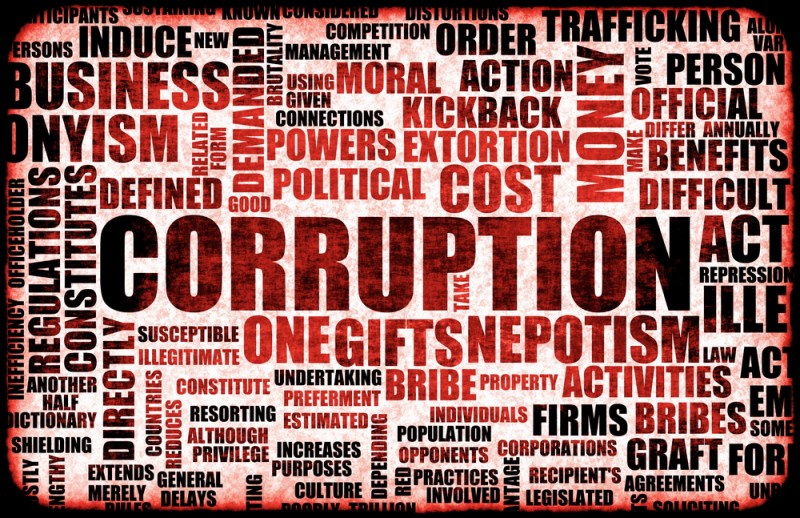Mr Adetokunbo Mumuni, Executive Director, Socio-Economic Rights and Accountability Project (SERAP), says the anti-corruption war of the President Muhammadu Buhari-led administration is on track.
Mumuni spoke in Lagos on Wednesday at the launch of SERAP’s latest report titled, “Combating Grand Corruption: An Agenda for Institutional Reforms in Anti-corruption Strategies”.
He faulted claims in some quarters that the anti-graft campaign was selective, saying anyone who flouted the nation’s laws was supposed to face the music.
Mumuni said :”This is my professional opinion as a lawyer and social rights campaigner. I believe that the war against corruption by this administration is on track.
“Until Buhari came along, nobody knew how much of our money was being stolen, especially in the guise of buying weapons to combat insurgency.
“So, it does not really matter if you belong to the All Progressives Congress or the Peoples Democratic Party; if you cannot account for over 2 billion dollars, then you deserve to face prosecution.”
He explained that corruption eroded confidence in, and respect for democratic institutions, and was as an obstacle to social, economic and human development.
Mumuni said the anti-corruption agencies in Nigeria, however, face challenges of inadequate legal framework and resources.
As part of SERAP’s recommendations, he urged government at all levels to provide stronger and more concerted approach to tackling grand corruption in Nigeria.
Mumuni urged the Attorney General of the Federation and those of the states to seek stiffer penalties for convicted corrupt officials and to minimise the use of plea bargaining to serve as deterrent.
Also speaking, Dr Olajumoke Akiode, Director, Centre for Ethics and Sustainable Development, called for attitudinal change in the fight against corruption.
“Until the citizens come together and say `enough is enough` , we cannot win this fight against corruption,” she said.
On his part, Mr Babatunde Ogala, a former member of the Lagos State House of Assembly, noted that undue pressure placed on politicians by their constituents had also contributed to widespread corruption in the country.
Ogala said, ” Nigerian politicians are not measured by what they contribute to good governance but the assistance rendered to various individuals in their constituencies.
“So, the society itself invests in corruption and that it why a collective effort is required to address this issue.” (NAN)

